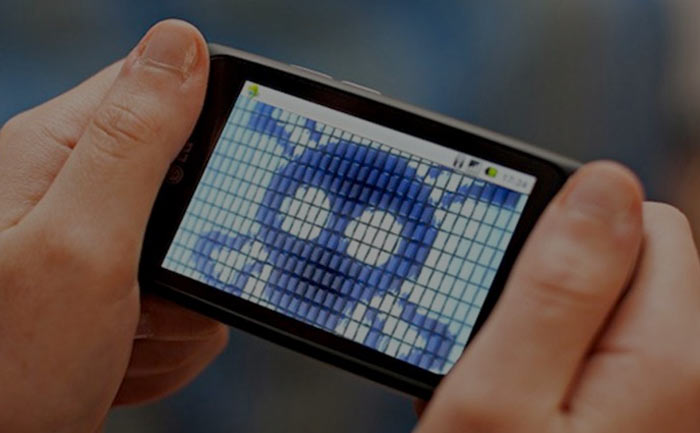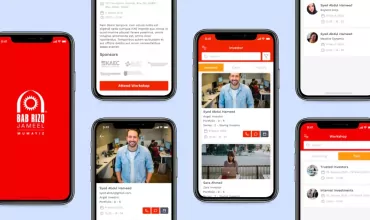Why Mobiles are more Vulnerable to Cyber Attacks

Table of Contents
Battlefield is going to change in the future. As cyber crimes keep on increasing by leaps and bounds, it’s only a matter of time when cyber wars will be fought on desktops and hand-held devices.
As we witness a paradigm shift in accessing the Internet from laptop or desktop to mobile, it is interesting to find out which tool is more vulnerable to cyber attacks than the other.
Smartphones are considered as ‘soft target’ when it comes to cyber-attacks and malware. They have higher vulnerability than the laptops and desktops.
Reasons for higher vulnerability
- Inauthentic sources: Downloading an app from inauthentic sources can expose a device to malware and make it vulnerable to cyber crime
- App permissions: At times, app permission can open the doors for cyber crimes. Therefore, it is better to double-check everything before granting any permission
- Mobile payment facility: Hackers find it highly fascinating to heck mobile payment gateways. Though NFC encryptions are too difficult to break, we cannot rule out that hackers will attempt to get into it in the future when its use peaks
- Risk of stealling or losing: Handheld devices are smaller as compared to laptops and desktops, and, therefore, they are highly vulnerable to the risk of stealing and losing
- Higher exposure to the Internet: As people extensively use mobile devices on the move, they are more exposed to the cyber attacks as compared to desktops and laptops
- BYOD policy: Enterprises gradually adapt BYOD and enterprise mobility concepts across the globe, but then sharing and accessing sensitive corporate data through smartphones and tablets are riskier than the same from laptops and desktops
Why Devices and Platforms matter?
Nowadays, mobile technology advances to tighten device security and privacy protection. Touch ID is one such technique that effectively protects customers from any unauthorized access of their devices. It is said that iPhones and iPads are safer than their Android counterparts because of enhanced safety and security features. When it comes to the enterprises, iOS offers the safest data transfer and access facility to date, while Android platform struggles a bit in doing so. New Windows phones are getting safer for day-to-day activities as compared to earlier versions while BlackBerry, once hailed as the safest platforms for industries, steadily goes on sidelines.
We can conclude that different devices and platforms offer different levels of security to the users.
How to address higher vulnerability and protect smart devices
These days, mobile phones play a vital role in managing daily activities. Smartphone performs every duty ranging from counting workouts to paying bills. Therefore, it has ample of important personal data that can be readily stolen or altered. Users can take the following steps to get rid of cyber attacks or threats:
- Always download an app from the authorized sources
- Never share password and other personal information through social media
- Read and think twice before granting a permission to any app
- Use anti-virus software on regular basis
- Discontinue the use of device if you find any involuntary change or alteration in your device
- Don’t store critical data including bank details, passwords, and personal photos in mobiles, use the Cloud to store everything
- Use original memory card and keep your apps updated
Though we cannot prevent our handheld devices from stealing or losing, steps mentioned above can certainly prevent your data from falling in wrong hands.



